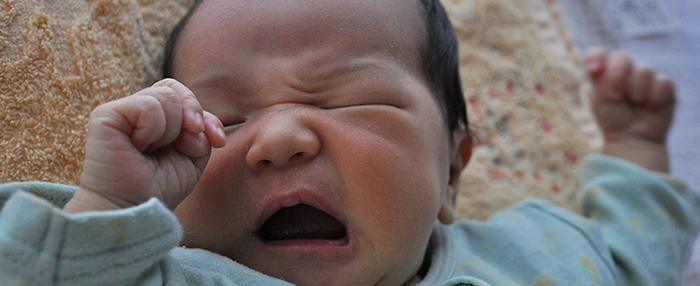If your child is experiencing from any of the sleep problems below, please speak with your primary care provider for a referral. You can also contact us directly for an appointment.
Sleep-disordered breathing
- snoring
- noisy breathing
- mouth breathing during sleep
- obstructive sleep apnea (OSA) — difficulty breathing while asleep, blockage of airflow
- central sleep apnea

Sleep issues in infants
- difficulty falling asleep and/or staying asleep without parental help
- frequent night waking
- frequent night feedings
- napping problems
Sleeplessness (insomnia) in children and adolescents
- bedtime struggles
- problems falling asleep
- frequent nighttime waking and/or difficulty returning to sleep
- napping problems
Problems of wake and sleep timing
- difficulty falling asleep or waking at the desired time
- reversal of sleep-wake timings (sleeping during the day, awake at night)
- delayed sleep-wake phase disorder (DSWPD)
- irregular sleep patterns
- sleeping until late hours in the morning/afternoon on weekends
Daytime sleepiness/fatigue
- feeling sleepy during the daytime, dozing off easily
- taking frequent naps, or resuming napping in an older child
- insufficient sleep or inconsistent sleep schedule
- sleeping for longer periods at night than usual
- excessive sleepiness or fatigue due to medical disorders
- narcolepsy: a neurological sleep disorder characterized by excessive sleepiness and in some cases accompanied by episodes of cataplexy (partial or total loss of muscle control, often triggered by a strong emotion such as laughter)
Parasomnias and nighttime events
- sleep terrors (incomplete waking, crying or screaming, thrashing, looking upset or frightened)
- sleepwalking
- teeth grinding (bruxism)
- periodic limb movements in sleep (frequent kicking or leg jerks while asleep)
- restless leg syndrome (RLS): an urge to move the legs often associated with discomfort during the evening or at bedtime that is relieved by activity and worsened with rest
